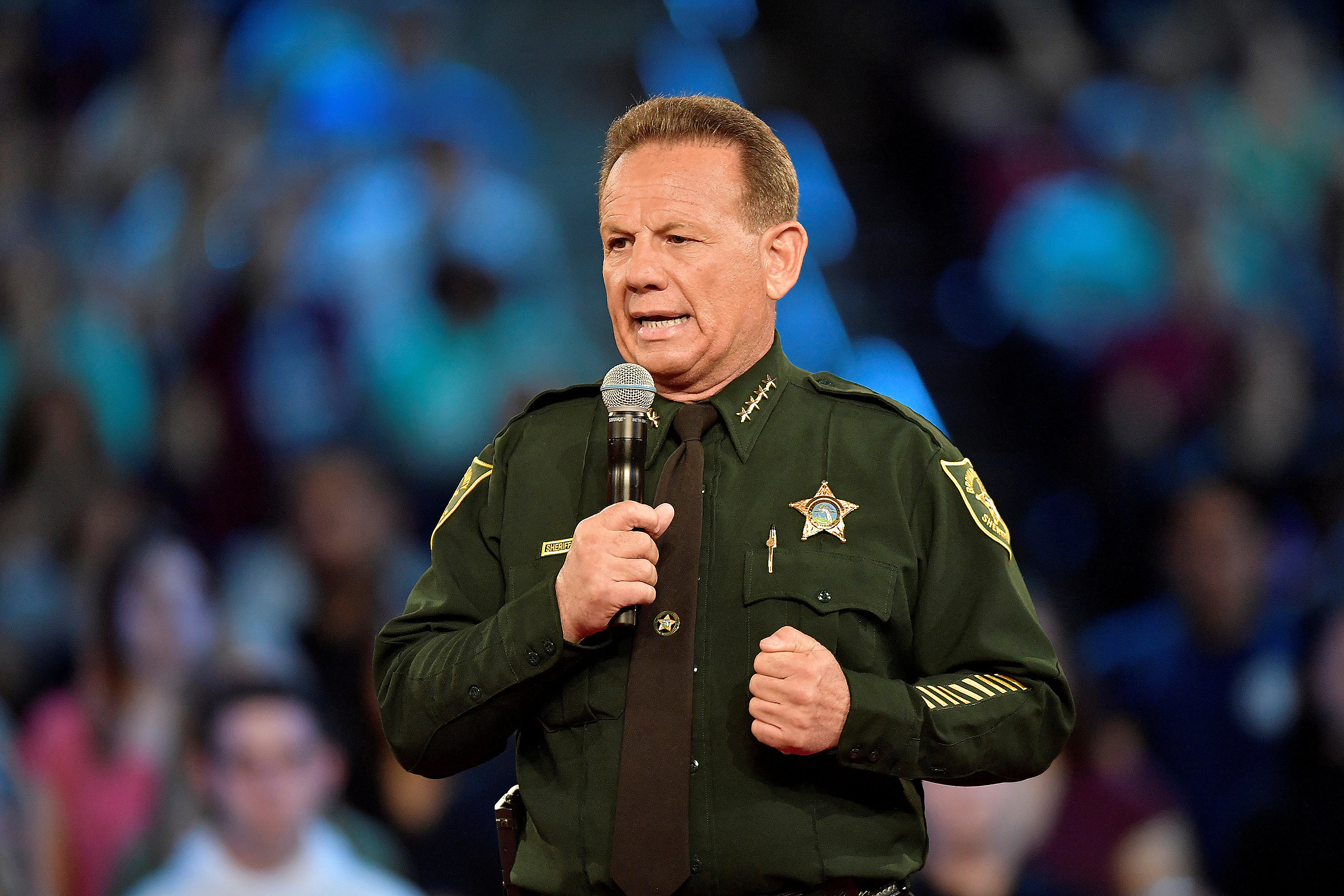
By Jeff Mason and Bulent Usta
WASHINGTON/ISTANBUL (Reuters) – President Donald Trump said on Thursday he presumes journalist Jamal Khashoggi is dead and that the U.S. response to Saudi Arabia will likely be “very severe” but that he still wanted to get to the bottom of what exactly happened.
In Istanbul, Turkish investigators for a second time searched the Saudi consulate where Khashoggi – a U.S. resident and Washington Post columnist who was a strong critic of Crown Prince Mohammed bin Salman – vanished on Oct. 2, seeking clues about an incident that has caused an international outcry.
Trump acknowledged for the first time that Khashoggi had likely been killed.
“It certainly looks that way to me. It’s very sad,” Trump told reporters before boarding Air Force One on a political trip.
Trump spoke hours after getting an update from Secretary of State Mike Pompeo on the results of Pompeo’s emergency talks in Saudi Arabia and Turkey.
Pompeo told reporters after his meeting that he advised Trump that Saudi Arabia should be given a few more days to complete its investigation into the Khashoggi disappearance. Turkish officials have said they believe the Saudi journalist was murdered at the consulate and his body chopped up and removed.
Trump said he was waiting for the results so that “we can get to the bottom of this very soon” and that he would be making a statement about it at some point.
Asked what would be the consequences for Saudi Arabia, Trump said: “Well, it’ll have to be very severe. I mean, it’s bad, bad stuff. But we’ll see what happens.”
Saudi Arabia has denied involvement in the disappearance.
The United States considers Riyadh a linchpin in efforts to contain Iran’s regional influence and a key global oil source, and Trump has shown no inclination to mete out harsh punishment to the Saudis.
Referring to the Saudis, Pompeo said he told Trump “we ought to give them a few more days to complete” their investigation in order to get a full understanding of what happened, “at which point we can make decisions about how – or if – the United States should respond to the incident surrounding Mr. Khashoggi.”
By casting doubt on whether the United States will respond at all, Pompeo reflected the internal struggle among Trump and his national security advisers on what to do should the Saudi leadership be blamed for what happened to Khashoggi.
“I think it’s important for us all to remember, too – we have a long, since 1932, a long strategic relationship with the Kingdom of Saudi Arabia,” Pompeo told reporters after meeting with Trump, also calling Saudi Arabia “an important counterterrorism partner.”
In addition, U.S. Treasury Secretary Steven Mnuchin abandoned plans to attend an investor conference in Riyadh, putting the high-profile event in question.
Mnuchin became the latest Western official to pull out of the investment conference in Riyadh scheduled for Oct. 23-25, joining a list of international officials and business executives. Earlier on Thursday, senior government ministers from France, Britain and the Netherlands withdrew, too.
As of Thursday, the conference was still going on. The spokesman for Saudi Arabia’s Public Investment Fund, which is hosting the event, was not immediately available for comment. The organizers could not be reached for comment.
(Additional reporting by Ezgi Erkoyun, Umit Ozdal, Yesim Dikmen and Tuvan Gumrukcu in Istanbul, John Irish and Sudip Kar-Gupta in Paris, Bart Meijer in Amsterdam, Alistair Smout and Kylie MacLellan in London and Susan Heavey in Washington; Writing by Steve Holland, Daren Butler and Stephen Kalin; Editing by Angus MacSwan, Will Dunham and Yara Bayoumy)
















